Reports
-
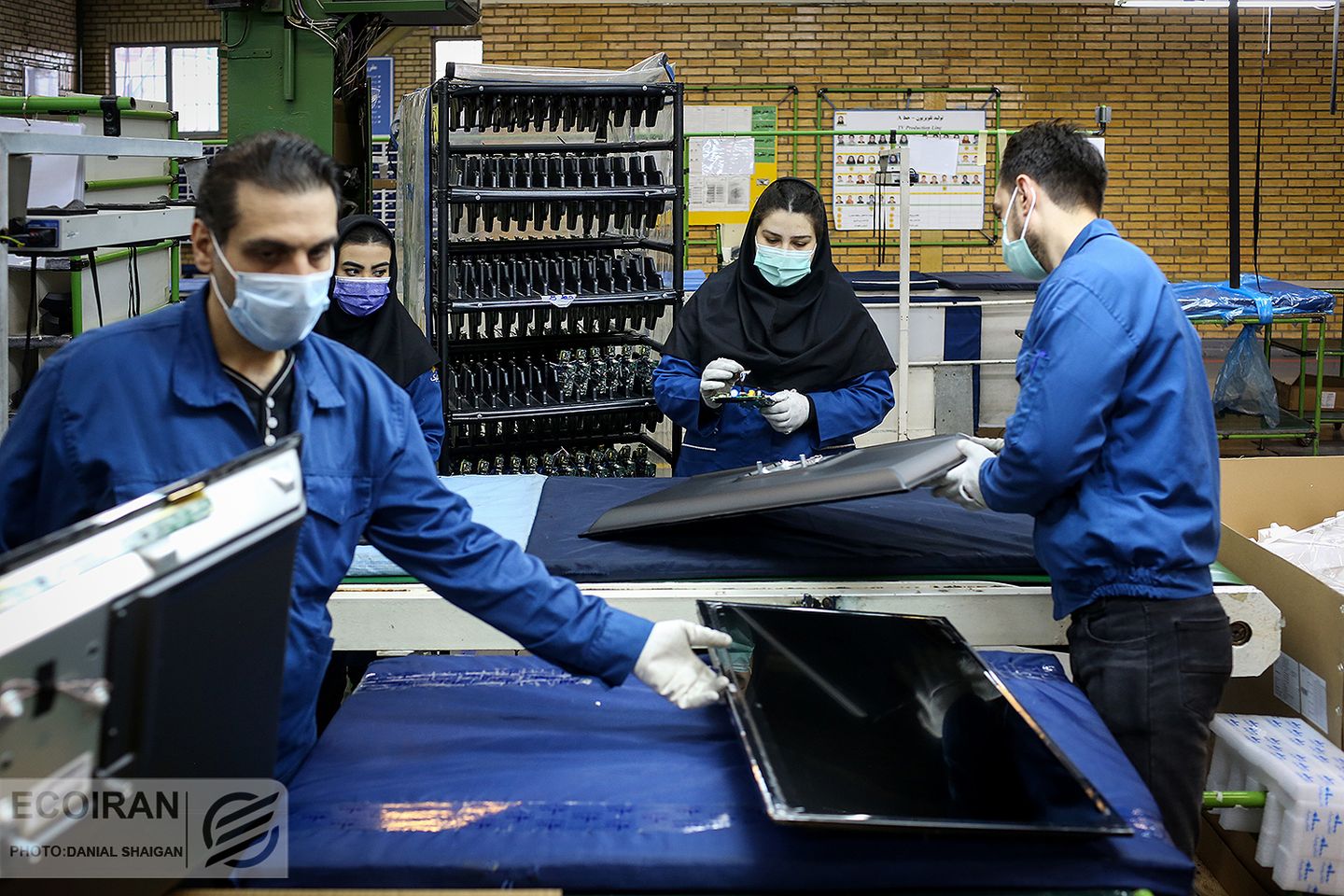
Iran’s Deputy Minister of Industry announced the closure of 6,900 industrial units, exacerbating unemployment and poverty, with women hit hardest. Official data shows women’s employment decreasing, with informal jobs, accounting for 70% of employment, leaving them vulnerable to exploitation and without legal or social protections. The patriarchal and misogynistic culture systematically oppresses women, marginalizing them from decision-making and pushing them into unpaid domestic labor. Gender inequality is institutionalized in laws and governance, leading Iran to rank 143 in the 2023 global gender gap report.
-
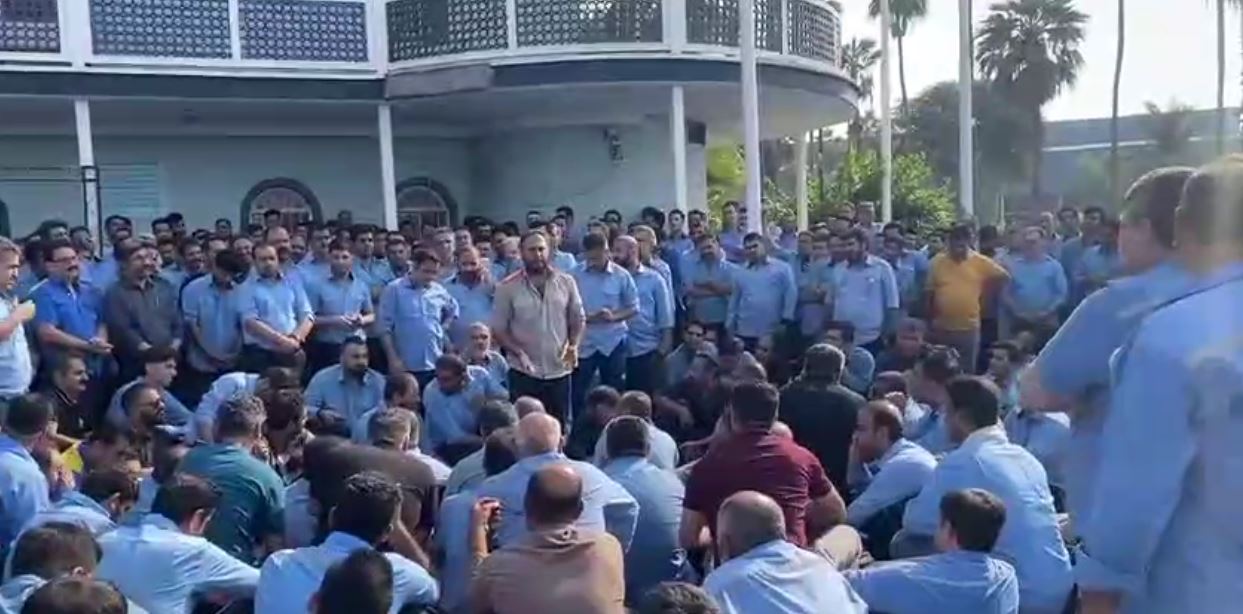
Recently, steel workers in Ahvaz, Iran, intensified their protests over fair compensation, job classification, and job security, clashing with National Steel Factory management. The conflict arose after a corrupt privatization scheme, inequitable salary practices, and management’s refusal to uphold agreements. Workers have initiated strikes following failed negotiations and are challenging the management’s deceptive tactics and the government’s privatization efforts. They demand the reinstatement of a labor leader, salary adjustments in line with industry standards, and the cessation of retaliatory actions by employers.
-
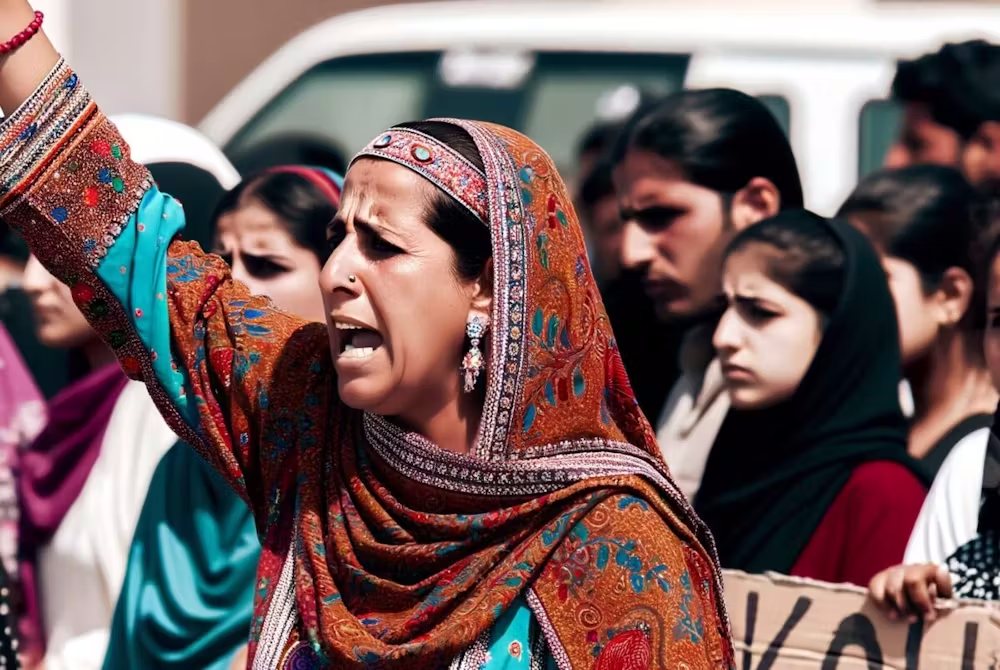
The history of Balochistan is deeply intertwined with the experiences of its women, whose stories of resistance and resilience offer valuable insights into the region’s cultural, social, and political landscape. Baloch women have been pivotal in movements against oppression, mitigating human rights abuses, and challenging authoritarian regimes, particularly in the Zhina movement and protests for the disappeared. Despite grappling with gender, religious, national, and class challenges, their increasing visibility in the political field is shifting Balochistan towards progressive, secular change. The article illustrates their vital role within the anti-colonial and liberation movements, breaking the silence on women’s issues traditionally ignored…
-
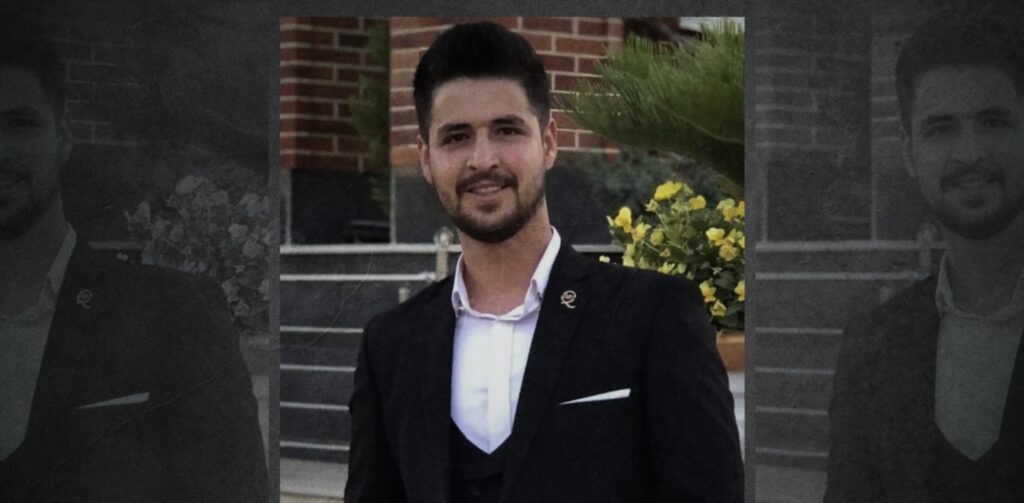
24-year-old Mohammed Ghobadlou was executed in Iran for alleged involvement in protests after Mahsa/Jina Amini’s death. He faced charges of murder and Moharebeh, driving into police and causing death and injuries. His trial lacked proper legal representation, and his execution, the ninth linked to protests, followed dubious judicial processes, sparking international concern and domestic strikes and protests. The government’s crackdown, including capital punishment, was criticized for lack of transparency and due process. Human rights organizations call for an end to executions, as they mostly target the impoverished, oppressed, or dissenting individuals, and equate state killings to murder.
-
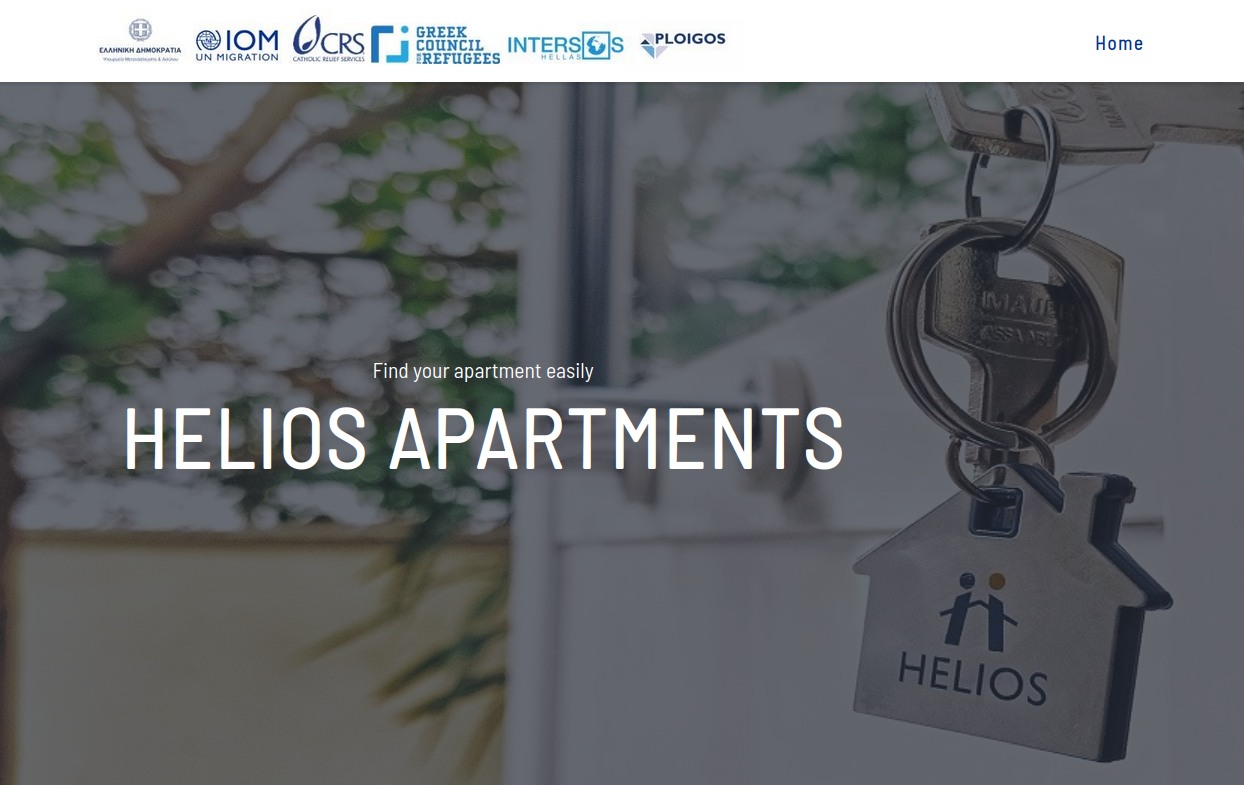
The HELIOS refugee integration project in Greece, managed by the International Organization for Migration and the Greek Ministry, was abruptly halted due to funding shortfalls since early 2024, leaving many refugees vulnerable to homelessness. The suspension hinders access to housing support, language courses, and employment resources. Funding inconsistencies and bureaucratic hurdles have plagued the program, affecting not only refugees but also employees, with many dismissed without compensation or clarity on future job security. Despite its intention to aid recognized refugees, HELIOS has struggled with mismanagement and financial problems, prompting appeals for a comprehensive local housing strategy to address the ongoing…
-
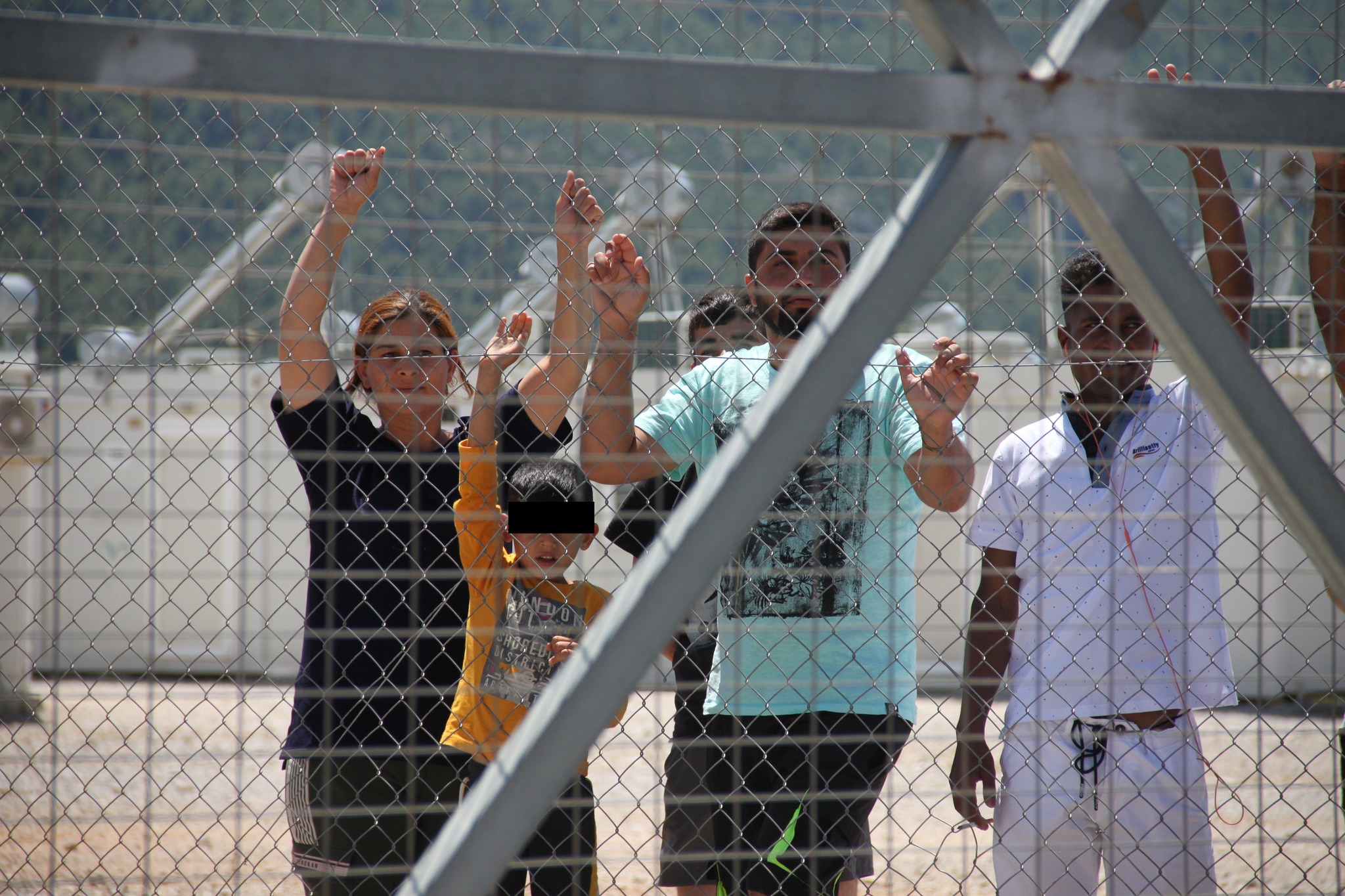
Greek Prime Minister Kyriakos Mitsotakis boasted about excelling in migration management at a recent conference, but crucial issues were conveniently omitted. Violations of international laws and human rights, pushbacks of thousands of refugees, and a tragic shipwreck involving over 650 lives paint a different picture. European Commission’s silence and financial support contribute to these atrocities. The EU’s border closures and focus on security over rights and welfare further exacerbate the crisis. Activist repression and the drastic spike in arrivals raise concerns about Greece’s migration policies. These are not just numbers, but human lives at stake, revealing a deeply flawed and…
-
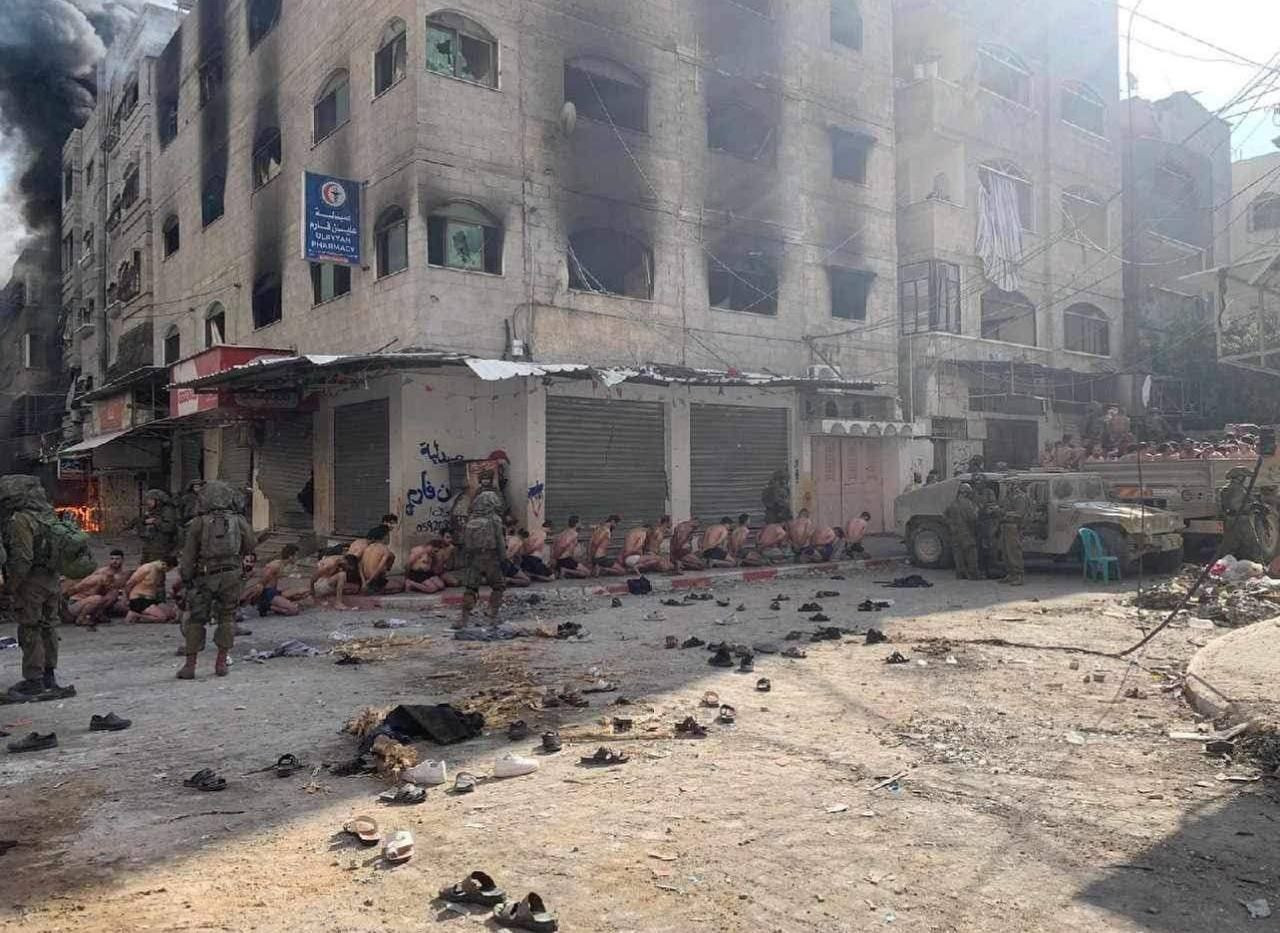
In December 2023, shocking images from Beit Lahiya, northern Gaza Strip, revealed Palestinian men getting forcefully detained by Israeli forces. Reports from various sources depicted systematic mistreatment in Israeli military detention facilities, including electric shocks, burns, enforced sleep and starvation, and physical abuse. The Realities for Palestinian Civilians in Gaza also captured Israeli troops shooting a Palestinian woman holding a white flag and her child. After release, detainees faced dehumanizing conditions, highlighting the profound human cost of the ongoing situation. The IDF’s response contrasts sharply with firsthand accounts.
-
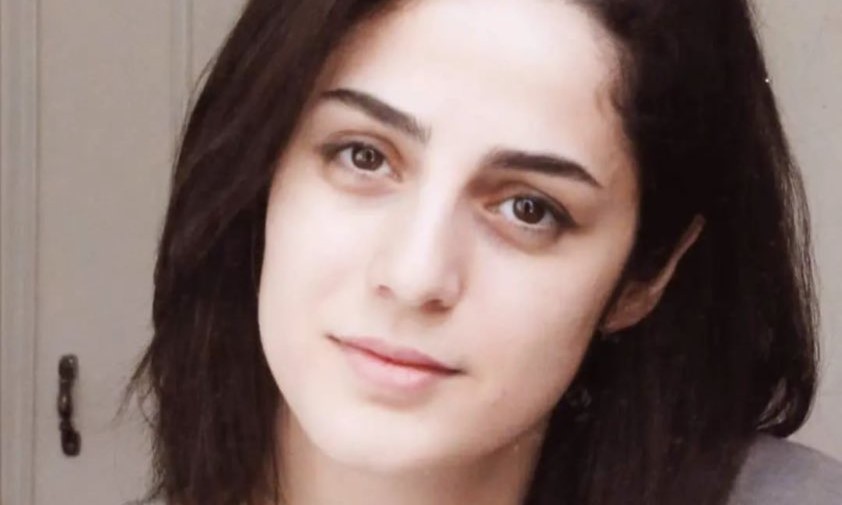
Roya Heshmati’s story, an opponent of the compulsory Hijab in Iran, has sparked significant attention on social media. Roya, 33, lives in Tehran but is originally from Sanandaj. On her Facebook, she shared her experience at the District Court of Area 7 on the 13th of Dey. She was there for her sentencing, where she received a punishment of 74 lashes for not wearing the compulsory hijab. A few months prior, after a photo of Roya without the compulsory Hijab circulated in Tehran, she was given a sentence by the Islamic Revolutionary Court. This included one year of suspended imprisonment,…
-
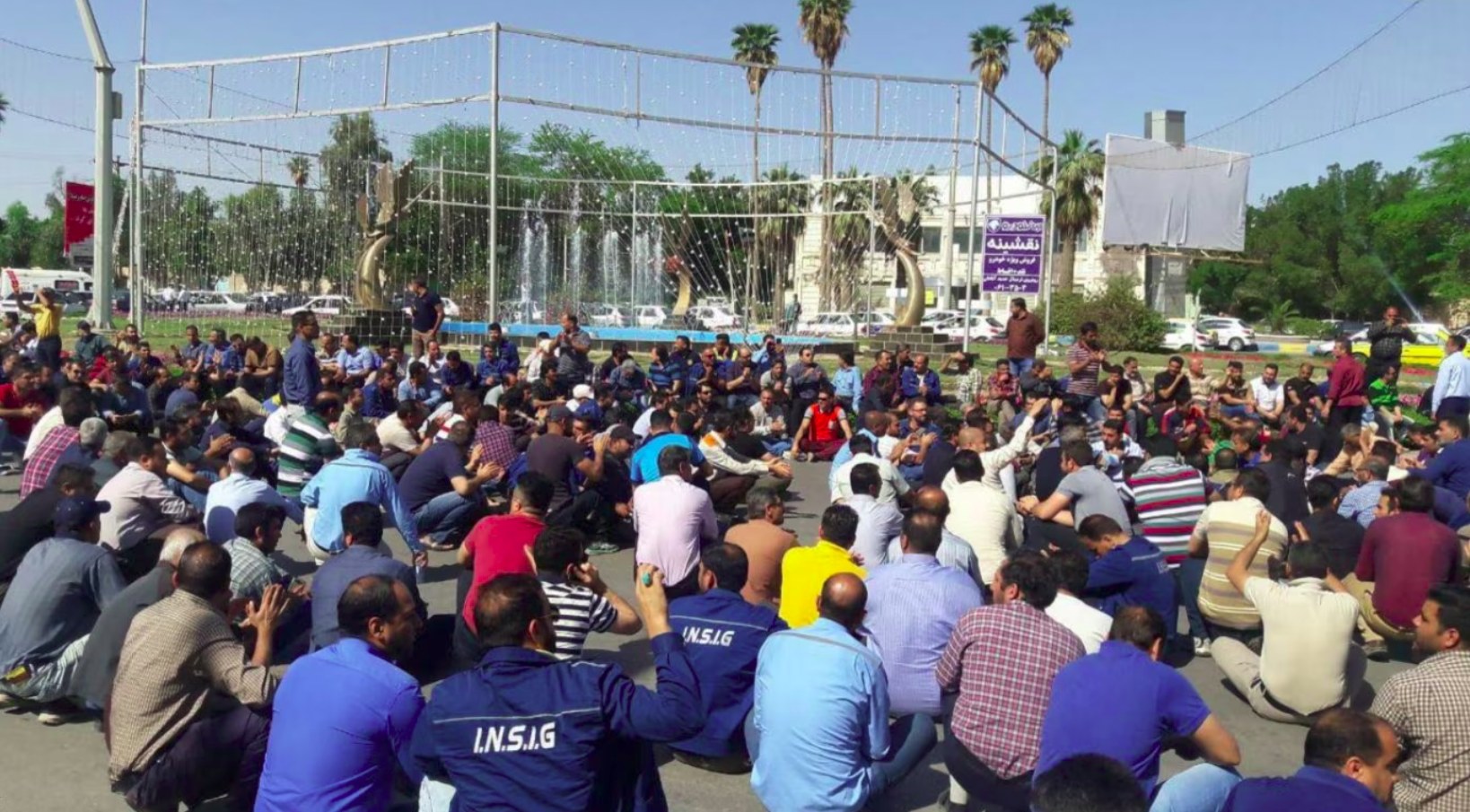
Maziar Seyednejad, a jailed labor activist, reflects on the challenges faced by the National Steel Group and Haft Tappeh Sugarcane workers’ protests. Despite significant societal turmoil, he questions the lack of a strong connection between various protest movements. Maziar, serving a two-year sentence, highlights the need to assess the positive and negative aspects of past protests, attributing the existing disconnect to unstable organizational structures. As labor and retiree protests intensify, he sees the potential for more cohesive and powerful worker organizations to emerge based on past experiences.
-
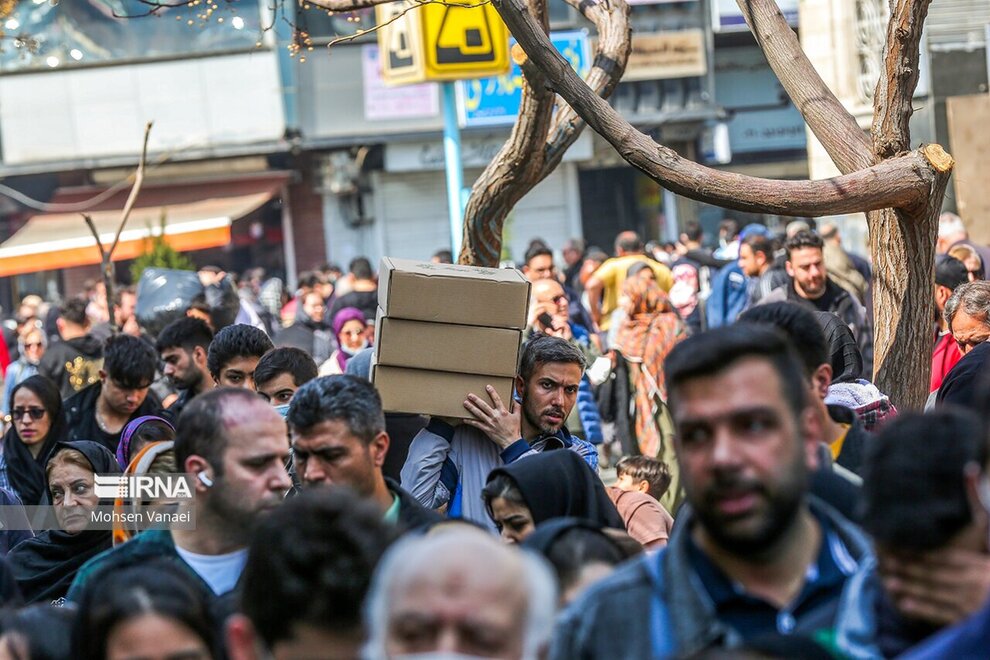
In recent years, Iran has seen the rise of “LendTechs” and startups in the “buy now, pay later” sector, reflecting the economic challenges faced by its people. High inflation and stagnant wages have eroded purchasing power, leading to an increase in small credit services for everyday items. These businesses, often backed by affiliated online stores, charge high effective interest rates, raising concerns about potential defaults and inflation.
-
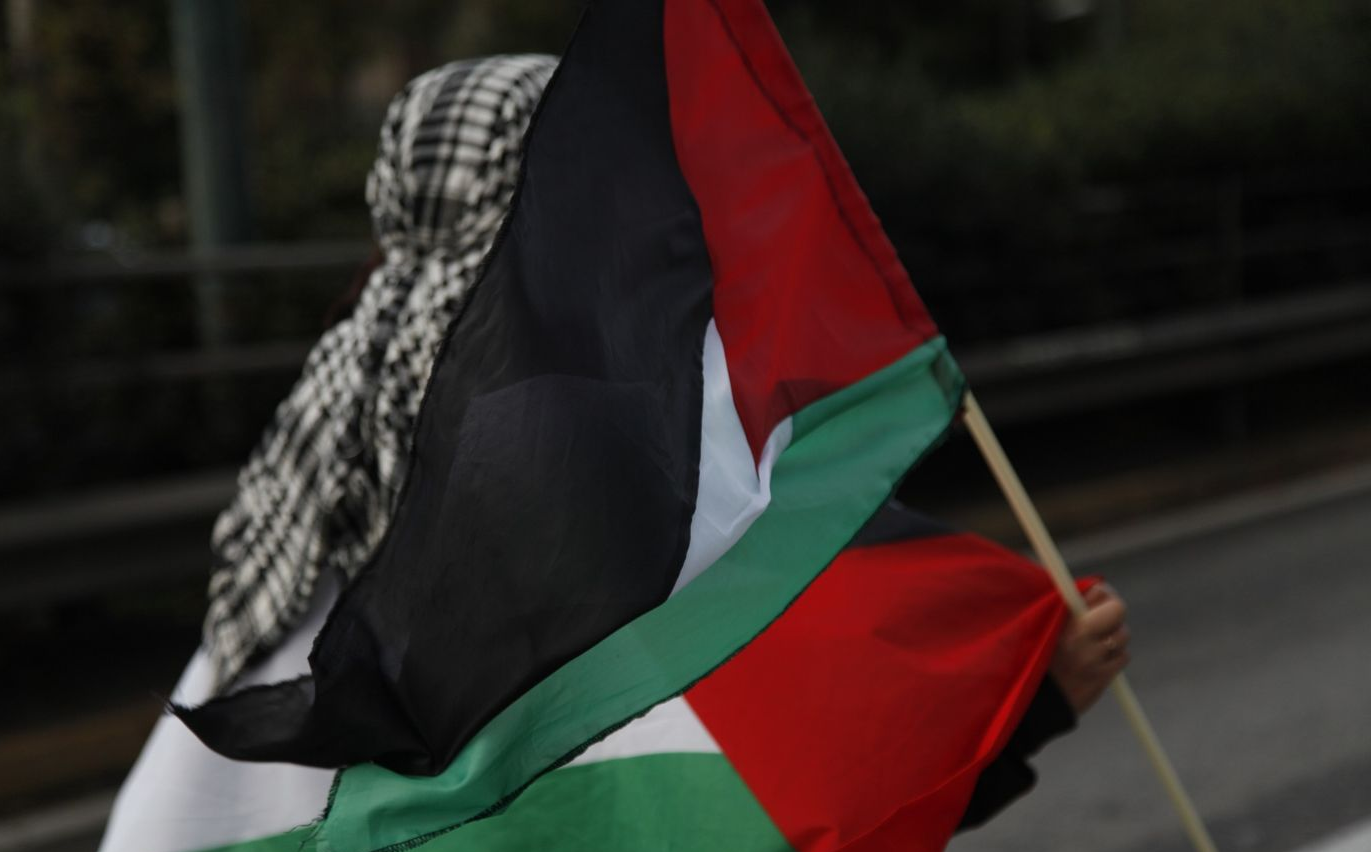
As Palestine’s issue gains attention, economic analysis becomes crucial. The war’s economic impact, including GDP decline and soaring unemployment, spells a serious recession. The colonial context and settler colonialism’s economic foundation provide insight into the situation. Israel’s control extends to labor, resources, and markets, perpetuating Palestinian dependency and exploitation. Economic policy parallels military intervention in subjugating Palestinians.
-
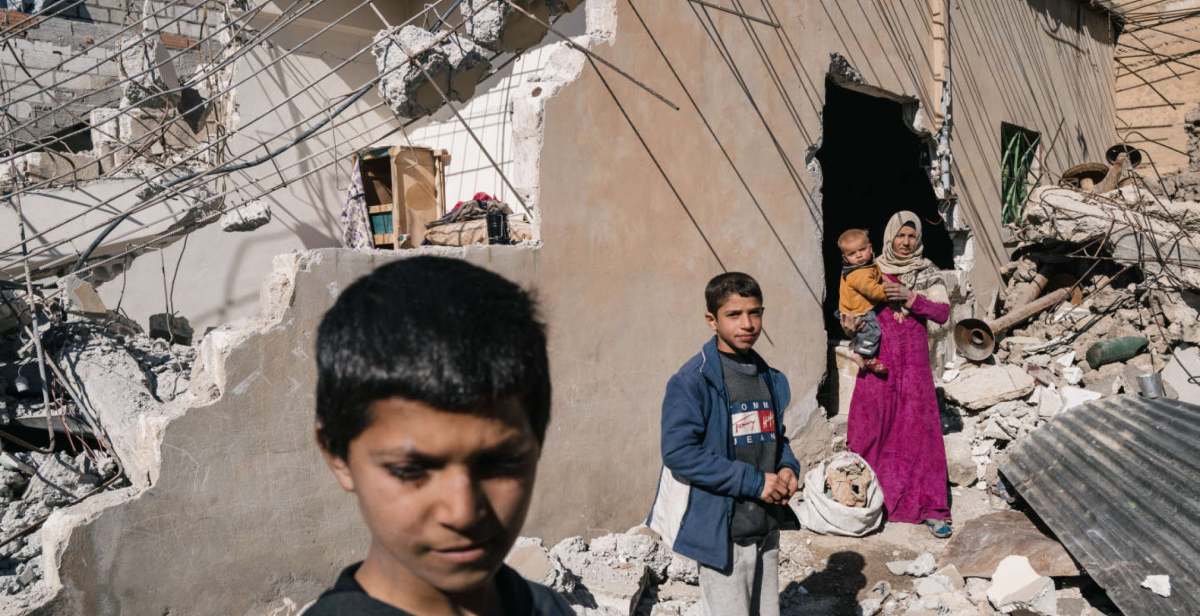
Since October 4, Turkey has been intensifying its military attacks on Northern Syria, allegedly striking civilian infrastructure under the pretense of targeting the People’s Defense Units. Claiming a right to self-defense, Turkey asserts it has not primarily targeted Northern Syria’s vital foundations, a claim contested by senior Syrian Democratic Forces officials. These relentless airstrikes have caused widespread destruction, estimated over a billion dollars, depriving more than two million people of their daily needs. Meanwhile, Turkey’s long-standing conflict with the Kurds continues, adding fuel to the tension in the region.